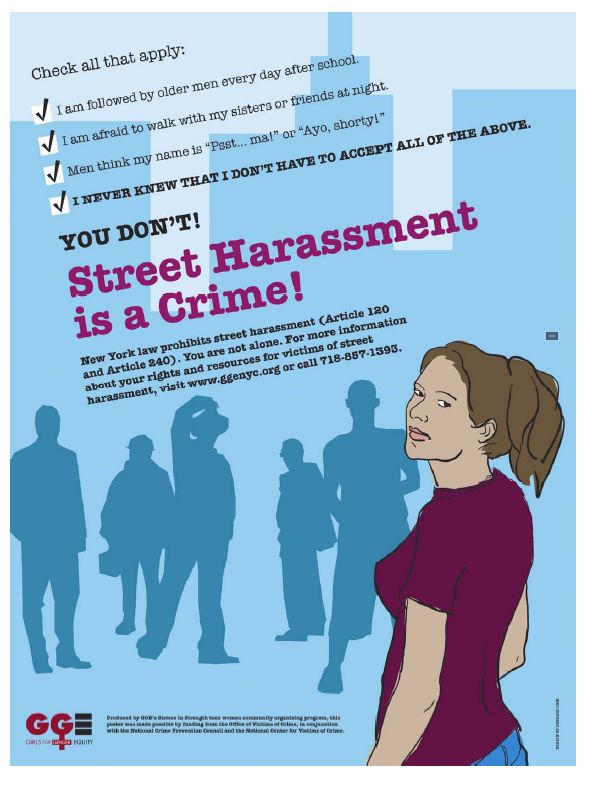Report on Ending Violence Against Women and Girls: Emphasizing Sustainable Development Goals
Introduction
Violence against women and girls remains one of the most pervasive and severe human rights violations globally, impacting one in three women. This issue directly relates to several Sustainable Development Goals (SDGs), including SDG 5 (Gender Equality), SDG 3 (Good Health and Well-being), and SDG 16 (Peace, Justice, and Strong Institutions). Despite evidence that violence is preventable, efforts to end gender-based violence are significantly underfunded, with less than 1% of official development assistance (ODA) allocated to this cause, and even less directed to women’s rights organizations on the frontlines.
Current Funding Landscape and Challenges
The ACT to End Violence against Women and Girls programme highlights the urgent need for increased investment and strategic action. The current funding gap undermines progress towards achieving SDG 5 and related goals, perpetuating cycles of violence and inequality.
Economic and Social Impact of Investing in Prevention and Response
Analysis based on global data, case studies, and economic evaluations demonstrates that well-funded, evidence-based interventions can substantially reduce violence. These interventions also generate significant savings across multiple sectors, including:
- Health systems (SDG 3)
- Justice systems (SDG 16)
- Social support systems (SDG 1 – No Poverty)
Investing in prevention and response is therefore a cost-effective strategy that supports the broader SDG agenda by fostering safer and more equitable societies.
Priority Actions for Governments, Donors, and Development Partners
The report outlines six critical actions to accelerate progress:
- Develop fully costed national action plans aligned with SDG targets
- Increase investment in data collection and prevention research to inform policy and programming
- Provide sustained, long-term funding to feminist movements and women’s rights organizations
- Enhance coordination among stakeholders to maximize impact
- Integrate gender-based violence prevention into broader development frameworks
- Monitor and evaluate interventions to ensure effectiveness and accountability
Conclusion
Closing the funding gap for ending violence against women and girls is both a moral imperative and a strategic investment in sustainable development. By prioritizing this issue, stakeholders contribute directly to achieving multiple SDGs, particularly SDG 5 on gender equality, thereby promoting inclusive, safe, and resilient communities worldwide.
1. Sustainable Development Goals (SDGs) Addressed
- SDG 5: Gender Equality – The article focuses on ending violence against women and girls, which is a core aspect of achieving gender equality.
- SDG 16: Peace, Justice and Strong Institutions – The emphasis on justice systems and prevention of violence connects to promoting peaceful and inclusive societies.
- SDG 3: Good Health and Well-being – Reducing violence against women contributes to improved health and well-being.
2. Specific Targets Under Those SDGs
- SDG 5 Targets:
- Target 5.2: Eliminate all forms of violence against all women and girls in public and private spheres, including trafficking and sexual and other types of exploitation.
- Target 5.5: Ensure women’s full and effective participation and equal opportunities for leadership at all levels of decision-making.
- SDG 16 Targets:
- Target 16.1: Significantly reduce all forms of violence and related death rates everywhere.
- Target 16.3: Promote the rule of law at the national and international levels and ensure equal access to justice for all.
- SDG 3 Targets:
- Target 3.4: Reduce by one third premature mortality from non-communicable diseases through prevention and treatment and promote mental health and well-being.
3. Indicators Mentioned or Implied in the Article
- Prevalence of violence against women and girls: The article mentions that one in three women globally experience violence, implying the use of prevalence rates as an indicator.
- Official Development Assistance (ODA) allocation: The article highlights that less than 1% of ODA is directed toward ending gender-based violence, implying funding levels as an indicator of commitment and progress.
- Implementation of national action plans: The call for fully costed national action plans suggests monitoring the existence and execution of such plans as an indicator.
- Investment in data and prevention research: The article stresses increased investment in research, implying indicators related to funding and research outputs.
- Reduction in violence rates: The article refers to evidence-based interventions reducing violence significantly, implying indicators measuring changes in violence incidence over time.
- Support to women’s rights organizations and feminist movements: The level and sustainability of support could be used as an indicator of progress.
4. Table of SDGs, Targets, and Indicators
| SDGs | Targets | Indicators |
|---|---|---|
| SDG 5: Gender Equality |
|
|
| SDG 16: Peace, Justice and Strong Institutions |
|
|
| SDG 3: Good Health and Well-being |
|
|
Source: reliefweb.int







